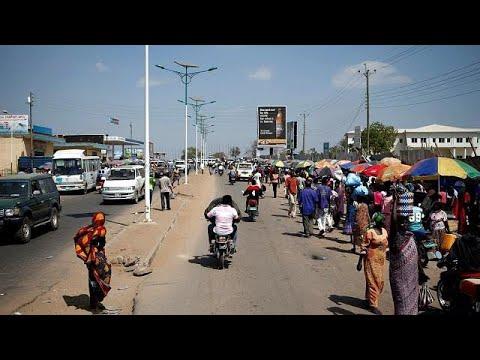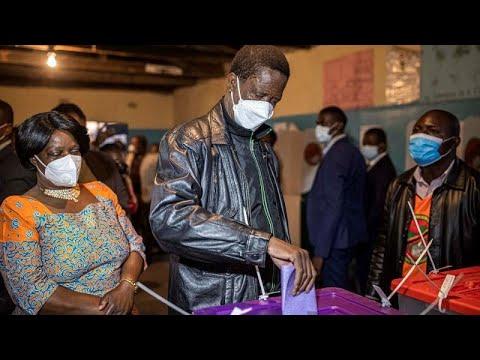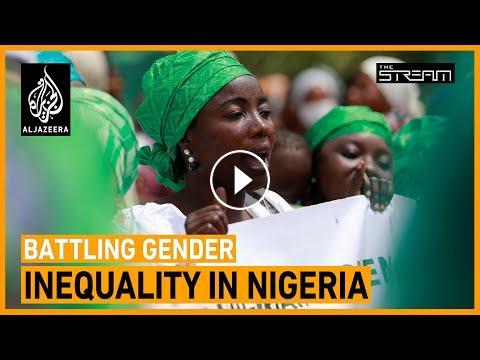Activists in Nigeria have succeeded in keeping women’s rights and representation on the political agenda after parliament’s lower house reversed a decision to reject gender equality bills, amid vociferous protests in major cities including Abuja and Lagos.
In the coming weeks, the House of Representatives will reconsider three women’s rights bills that were originally dismissed. One bill seeks the granting of citizenship to foreign-born husbands of Nigerian women, while another would give women the right to become an indigene of her husband's state after five years of marriage. The third bill says women must hold 35 per cent of positions in political party administration, at both national and state levels.
But while activists and their supporters celebrated the lower house’s about-turn on International Women’s Day, it was only a partial victory. Two other amendment bills – one to boost the number of women nominated for minister and commissioner roles, and the other to create extra seats for women in the federal parliament – remain blocked by the legislature.
The gulf between women’s political engagement and actual representation has a knock-on effect on women’s everyday lives, activists say. The meagre political space open to women is emblematic of the wider problems that women and girls face across Nigeria – such as gender-based violence and exploitation and a lack of social and economic opportunities cemented by a patriarchal culture.
In this episode of The Stream we’ll look at activists’ long-running efforts to amplify women’s voices in Nigeria.
Join the conversation:
TWITTER: https://twitter.com/AJStream
FACEBOOK: http://www.facebook.com/AJStream #ajstream
#nigeria
In the coming weeks, the House of Representatives will reconsider three women’s rights bills that were originally dismissed. One bill seeks the granting of citizenship to foreign-born husbands of Nigerian women, while another would give women the right to become an indigene of her husband's state after five years of marriage. The third bill says women must hold 35 per cent of positions in political party administration, at both national and state levels.
But while activists and their supporters celebrated the lower house’s about-turn on International Women’s Day, it was only a partial victory. Two other amendment bills – one to boost the number of women nominated for minister and commissioner roles, and the other to create extra seats for women in the federal parliament – remain blocked by the legislature.
The gulf between women’s political engagement and actual representation has a knock-on effect on women’s everyday lives, activists say. The meagre political space open to women is emblematic of the wider problems that women and girls face across Nigeria – such as gender-based violence and exploitation and a lack of social and economic opportunities cemented by a patriarchal culture.
In this episode of The Stream we’ll look at activists’ long-running efforts to amplify women’s voices in Nigeria.
Join the conversation:
TWITTER: https://twitter.com/AJStream
FACEBOOK: http://www.facebook.com/AJStream #ajstream
#nigeria
- Category
- Nigeria
- Tags
- aljazeeralive, aljazeeraenglish, aljazeera
Be the first to comment









